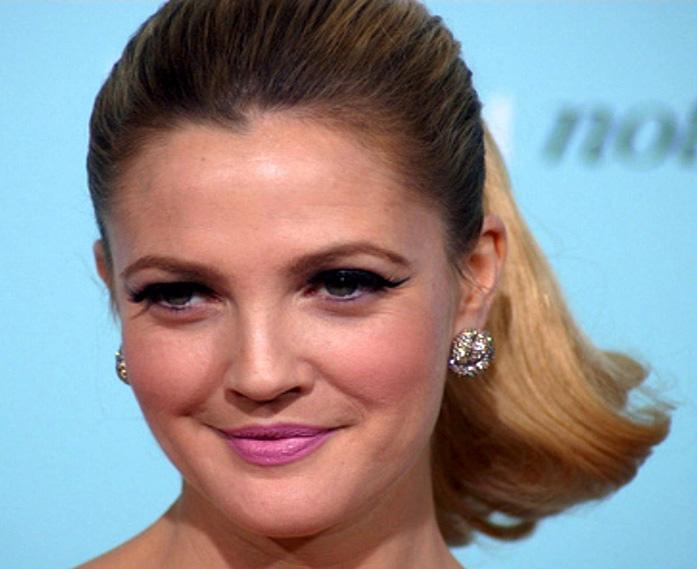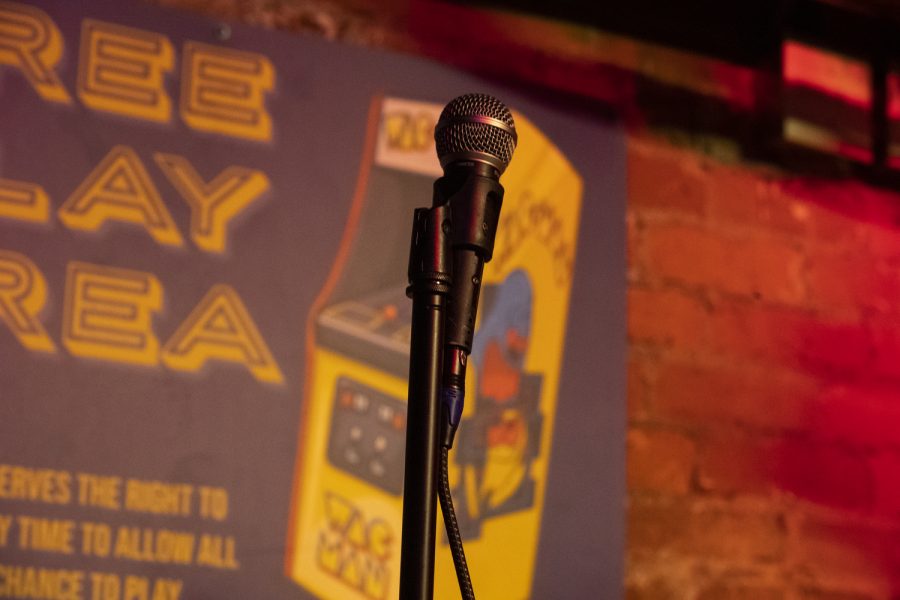By Justus Flair
[email protected]
Drew Barrymore is obsessed with her kids.
It’s a well-known trope. Coming from “the blueprint of what not to do,” as Barrymore said, made her want a stable, loving, traditional family.
A family in which the father doesn’t show up sporadically and destroy the house. The mother doesn’t dump the daughter in an institution to avoid taking care of her. The only daughter isn’t drinking and on drugs before puberty.
I’m happy Barrymore got that, truly, but I wish Wildflower did not spend so much time attempting to justify her current domestic situation. Large sections of the book, if not the majority, seem aimed at proving to readers that Barrymore can raise a family, she is a capable adult, and she won’t repeat the mistakes her parents made.
In reflecting on moments in her life, Barrymore describes how they led her to motherhood. Having an absentee father taught her the type of parent she didn’t want to be. The disjointed relationship with her mother made her vow to be better to her daughters. Her immature years spent parentless motivated her to make sure her daughters are never alone. Making feminist movies ensured her children have strong role models.
As someone who had never questioned Barrymore’s parenting qualifications, it felt a bit preachy at times. Barrymore said in the book’s introduction she wrote this for herself, and it reads that way. I questioned at moments whom she was trying to persuade of her mothering capabilities, me or her?
Other chapters, though, read as if written for certain people. There are chapters devoted to Barrymore’s father, grandfather, daughters Olive and Frankie, in-laws, Cameron Diaz, Adam Sandler, and Steven Spielberg. The tributes are touching and entertaining, told through stories of vacations, deaths, and movie-set visits. It’s mesmerizing to learn the huge roles these friends played and continue to play in Barrymore’s life through specific instances.
The end of many of these chapters, though, fall into the trap of clichés. Barrymore was explicit, as though each memory she wrote about needed symbolism and an overarching theme in her life. She presented the meaning she wanted the story to hold; I wanted the gritty details of each story and to draw my own conclusions.
This isn’t to say Barrymore is dishonest. She presents herself in a less-than-flattering light several times, noting when she was being a “little bitch” and that she wishes she could take it back. She takes ownership of her past while vehemently stating that’s not who she is anymore.
“I wanted to be a good girl, and I wanted goodness to be the theme of my life and my work,” Barrymore wrote. She seems committed to shaking the image of her troubled party-girl past. I can understand and respect that; unfortunately, it made portions read like a self-help book.
The stories Barrymore tells are fantastic, though. Skydiving with Diaz. Building a school in Africa. Begging Sandler to make a movie with her. Auditioning for Spielberg as a cocky 6-year-old. Intentionally smashing her Bronco through a fence. Filming while dealing with postpartum depression.
I doubt whether anyone would have questioned that Barrymore had stories to tell. So read the stories but think deeper than the spoon-fed messages the book delivers. Think more about the young girl from E.T. who grew up fast and hard. Think about the charitable, loving, devoted woman she seems to have become.
WORDS
What: Drew Barrymore Wildflower reading
When: 7 p.m. today (SOLD-OUT)
Where: First Methodist Church, 214 E. Jefferson
Admission: $35







